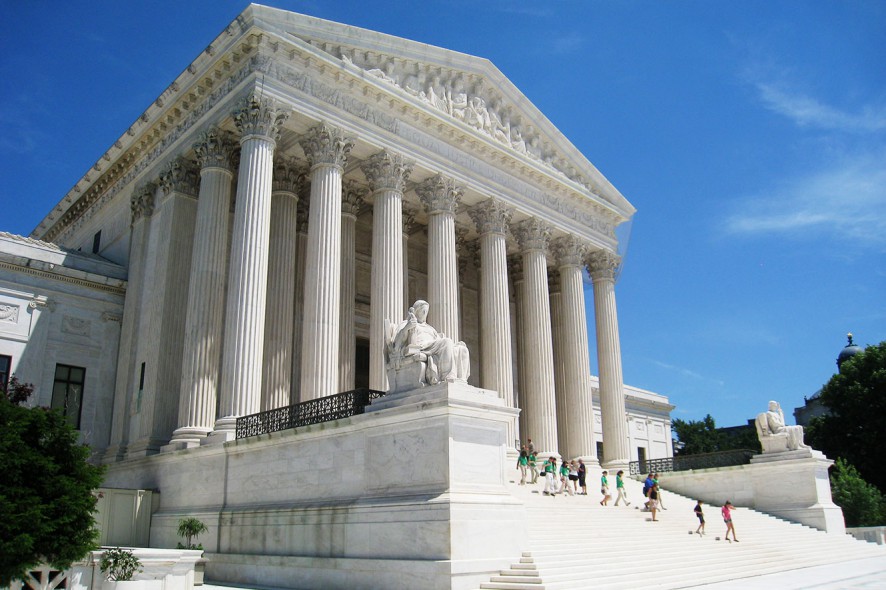Supreme Court of the United States: While deliberating on the issue that whether employees should always be permitted to bring their claims in collective actions, no matter what they agreed with their employers, the 9 judge Bench of the Court with a ratio of 5:4, held that the law embodied under the National Labor Relations Act (NLRA) clearly gives the employees rights to organize unions and bargain collectively, but it says nothing about how judges and arbitrators must try legal disputes that leave the workplace and enter the courtroom or arbitral forum. Furthermore the Supreme Court in the past has never read the right to class actions under the NLR Act.
The parties in dispute (Ernst & Young LLP v. Morris) entered into an agreement providing that they would arbitrate any disputes that might arise between them. The agreement stated that the employee could choose the arbitration provider and that the arbitrator could grant any relief that could be granted by a court in the relevant jurisdiction. The agreement also specified individualized arbitration, with claims “pertaining to different employees to be heard in separate proceedings. Morris sued Ernst & Young in federal court. He alleged that the firm had misclassified its junior accountants as professional employees and violated the federal Fair Labor Standards Act (FLSA) and California law. Morris further sought to pursue the state law claim as a class action under Federal Rule of Civil Procedure 23. The employees pleaded before the Court to infer that class and collective actions are “concerted activities” protected by Section 7 of the NLRA, which guarantees employees “the right to self-organization, to form, join, or assist labor organizations, to bargain collectively, and to engage in other concerted activities for the purpose of collective bargaining or other mutual aid or protection,
The majority decision was delivered by Neil M. Gorsuch, J. It was held by the majority that if workers were allowed to band together to press their claims, he wrote, the virtues Congress originally saw in arbitration, its speed and simplicity and inexpensiveness, would be shorn away and arbitration would wind up looking like the litigation it was meant to displace. However 4 Judges disagreed with the majority opinion. Ruth Bader Ginsburg, J., leading the dissent, termed the majority decision as “egregiously wrong” and stated that there “will be huge under-enforcement of federal and state statutes designed to advance the well being of vulnerable workers”. [EPIC System Corps v. Jacob Lewis, Case No. 16–285, decided on 21.05.2016]






